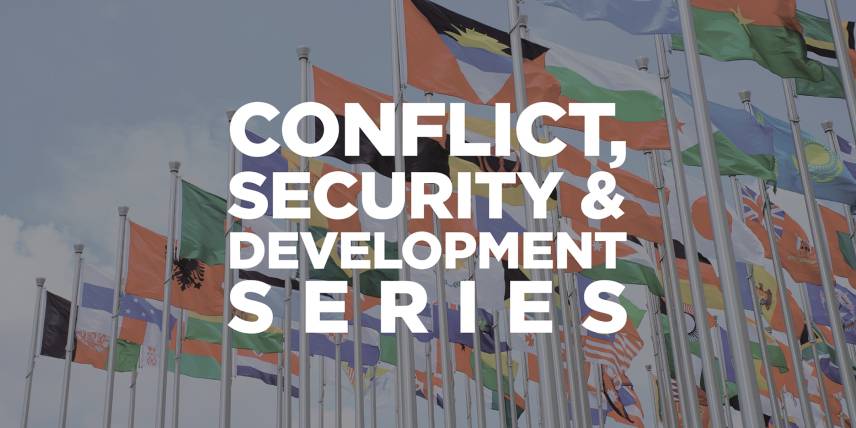Spring 2019 Conflict Series—The Prevention of Torture: An Ecological Approach
Co-presented by the Center for Human Rights and Global Justice at NYU Law School, the Center for Global Affairs at NYU's School for Professional Studies, the Program in International Relations at NYU's GSAS, the Robert L. Bernstein Institute for Human Rights, and the Office of International Programs at NYU Wagner
Date:
February 12, 2019Time:
12:00pm - 1:30pmLocation:
New York University Law School , Vanderbilt Hall, Room 204, New York City, NY 10012
Audience:
General PublicDanielle Celermajer, a Professor at the University of Sydney, will reflect on what we can learn when we combine rigorous empirical and conceptual analyses of existing approaches to preventing torture with systemic and ecological theories of violence, and what the implications of such an analysis are for the development of prevention strategies and the human rights field.
NYU Wagner provides reasonable accommodations to people with disabilities.
Requests for accommodations for events and services should be submitted at least two weeks before the date of the accommodation need.
Please email ha937@nyu.edu or call 212.998.7400 for assistance.
If you prefer to opt out of using our reservation system, please email the above address to RSVP for the event.
